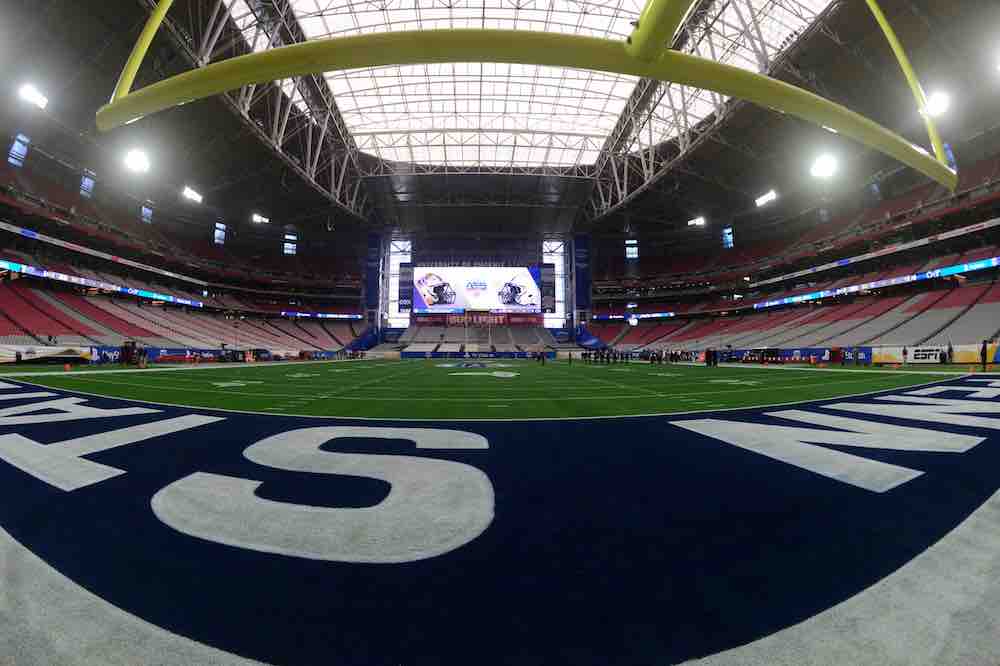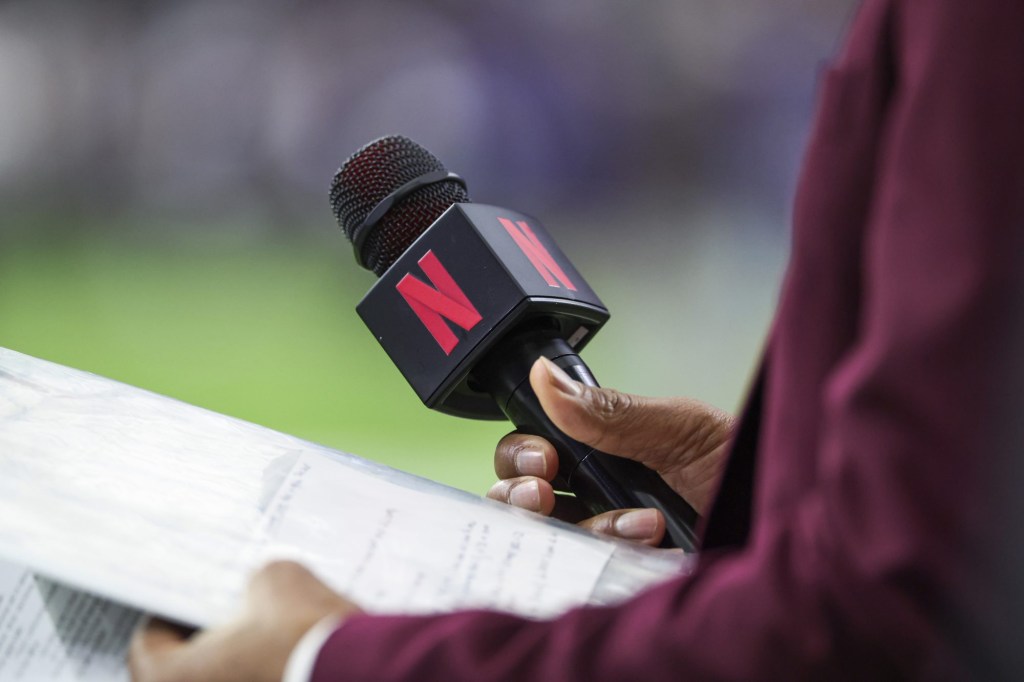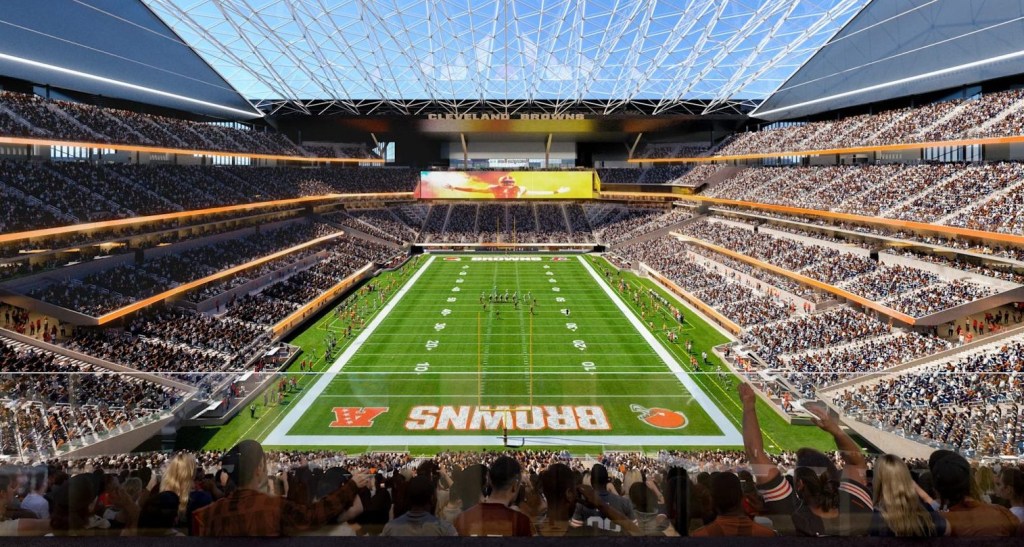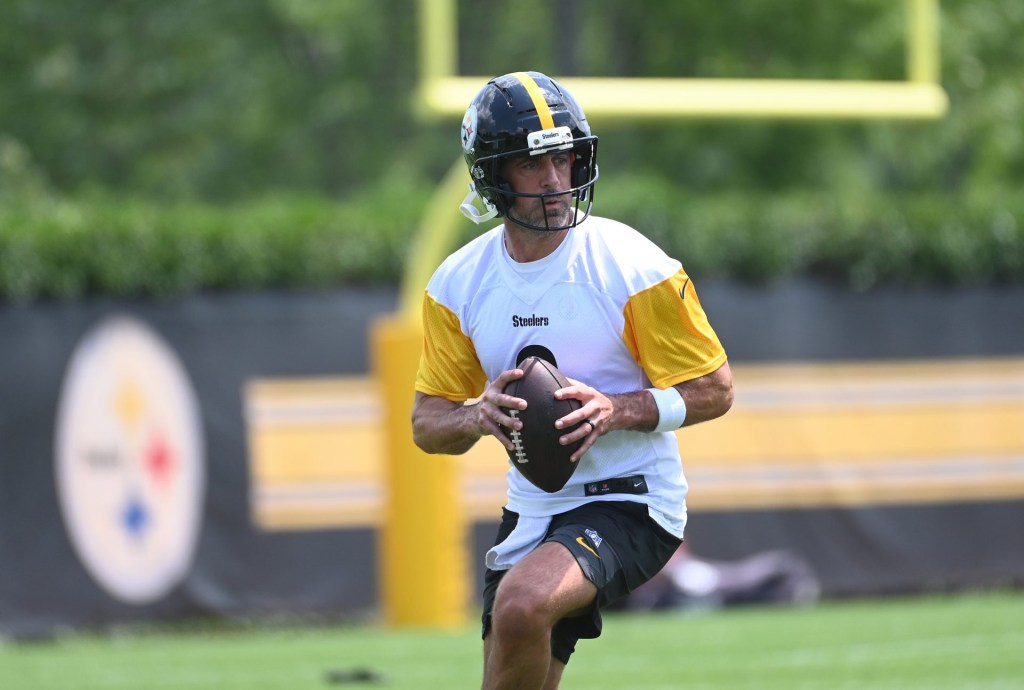Cities that sold bonds to finance stadium construction may be in a perilous position while the games, concerts, and events meant to generate cash for payments remain on hold. Tourism taxes have been levied to pay for nearly 40% of $17 billion in public stadium financing since 2000, according to the Brooking Institution. Though the industry has halted, bills have not.
However, not all deals are the same in the $4 trillion U.S. municipal bond market, and results may vary:
- Glendale, AZ (Cardinals, Coyotes, and Dodgers and White Sox Spring Training): 66% of public debt is tied to city’s sports facilities; $10.7 million payment due for Gila River Arena in 2020.
- Maryland Heights, MO (St. Louis Blues): Owes $3.6 million annually on Centene Community Ice Center. Bonds on it have fallen from 109 cents on the dollar in early March to 68 cents on May 21.
- Miami-Dade County, FL (Marlins): Owes $15.1 million this year on Marlins Park; has already collected nearly twice as much thanks in part to this February’s Super Bowl.
No stadium bonds involved with major professional sports league have defaulted, but there have been other downward trends in the industry:
- The Oakland A’s withheld a $1.2 million payment to Oakland Coliseum in April.
- Bonds for Mercedes-Benz Stadium, home of the Atlanta Falcons, have been lowered to negative outlook by S&P Global and placed on review for downgrade by Moody’s.
- S&P also downgraded to negative bonds on the BB&T Center, home of the Florida Panthers.
Stadiums sold as a steady cash source for cities have turned into a major strain on budgets already hurting from the pandemic, leading many to question the role of spending public money on pro sports facilities.
















